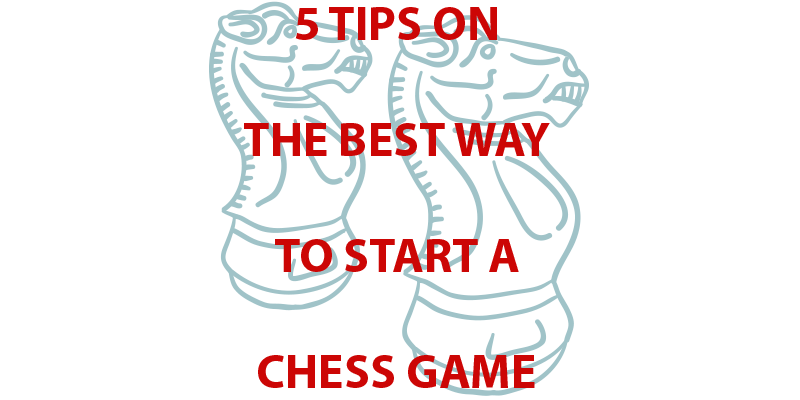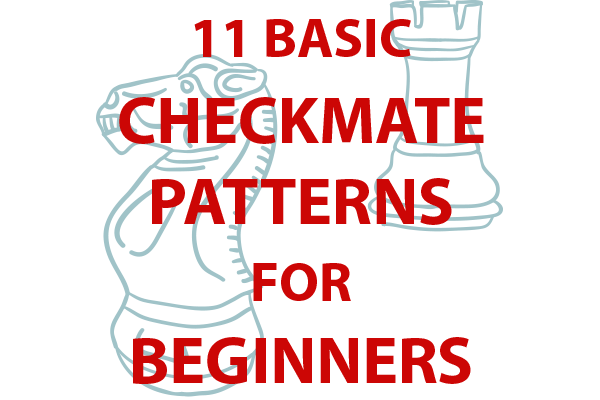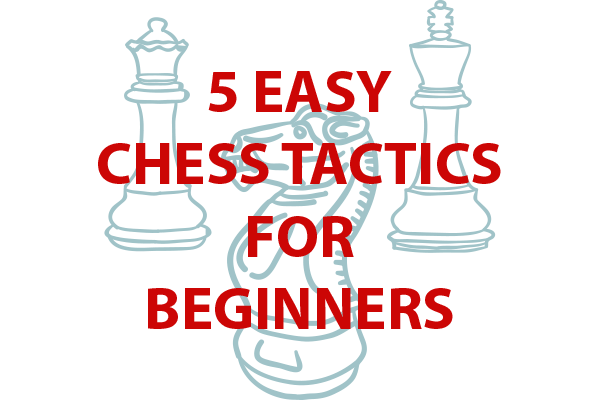


While there is a temptation to solely learn the little chess opening traps and score quick wins. Eventually, you’ll reach a level where everyone knows the trick. Rather than merely memorizing moves, focus on the principles of a successful opening instead. This post will propose 5 tips on the best way to start a chess game. That is, principles that lead to a successful chess opening. Those are, control the center, place knights before bishops, don’t move the same piece twice, consider king safety and connect the rooks.
Place pawns and pieces in positions to control the center of the board. By controlling the center you make your opponent adjust to your plans. In addition, when pieces are in the center, they control more squares. A great example of this concept is the knight…
There’s an expression in chess, “A knight on the rim is grim.” That is, when knights are on the edges of the board they lose their influence. Therefore, it’s easier to place knights because they need to be in the center. After placing the knights, consider using the bishops to influence the center through a fianchetto.
By moving the same piece twice, you are losing time in the race for development. You’ll also be ignoring the other principles, like king safety and establishing the center, by focusing on the development of a lone piece. In chess, it is ideal to have the pieces work in concert.
Castle as early as possible. By leaving your king in the middle of the board, it is more available for attack. In addition, when securing king safety through castling, you also receive other benefits …
When you castle you don’t only place you king in a safer area but you also connect your rooks. When you connect your rooks you can protect the bank rank and begin the process of controlling open files for attacks. It is general knowledge in chess that once you’ve connected your rooks you’ve completed opening development and begin the middlegame. For some quick hints read, How to Win at Chess: 4 Tips to Improve Your Middlegame.
Now that you know what to do in the opening, try to prevent your opponents from achieving these positions on you. While there are always exceptions, develop first, then launch an attack. They say “Well begun is half done.” If you use opening principles to put your pieces and pawns in the places where they have the most influence, you’ll be on your way to very good game indeed.
 A checkmate pattern is a specific identifiable positioning of pieces...
A checkmate pattern is a specific identifiable positioning of pieces...
 Chess is a game with many approaches to improve. Some...
Chess is a game with many approaches to improve. Some...